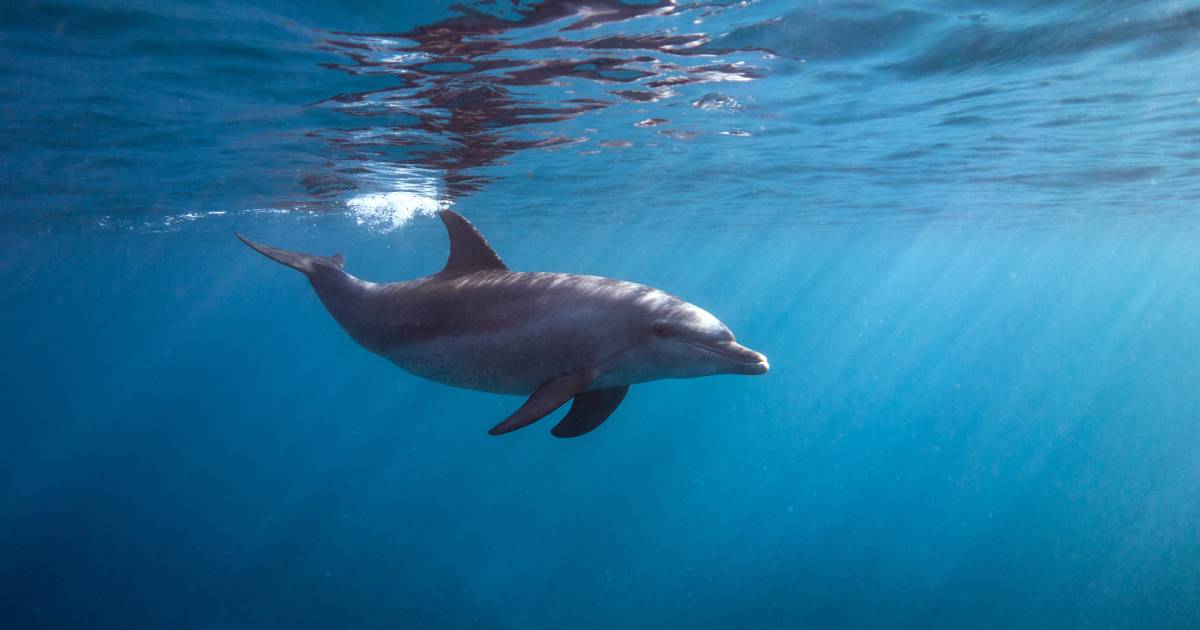Bycatch risks for dolphins and porpoises in small fisheries revealed
30 November 2021 | By: Newcastle University | 1 min read
A new study by Newcastle University explored the risk of dolphins and porpoises being caught in small-scale fisheries. The results revealed that low- and middle-income regions around the tropics and subtropics are the most high-risk areas. Dr Andrew Temple and Professor Per Berggren tell us more.
What is the study about?
Marine scientists from Newcastle University assessed the risk that small-scale fisheries pose to dolphins, porpoises and other toothed whales.
The researchers examined all 72 species of toothed whales found worldwide. This is the first study to take a global perspective on the threat to the survival of these species from small-scale fisheries.
They found that there is a particular threat to species in the Central Indo-Pacific, Temperate Northern Pacific, Temperate South America and the Western Indo-Pacific. The highest risk is in coastal shallow waters, where gillnets are being used for fishing.
You can find the "By-catch risk for toothed whales in global small-scale fisheries" research, in the Fish and Fisheries journal.
Why is this study so important?
Addressing the bycatch risks posed by fisheries needs to be a global priority for the conservation of toothed whales.
"Our results suggest that some of the most at-risk species are the four species of humpback dolphins, Irrawaddy dolphin, Australian snubfin dolphin, Franciscana dolphin, Guiana dolphin, Indo-Pacific finless porpoise, and the likely soon to be extinct vaquita.”
Professor Per Berggren
Immediate management and conservation actions will prevent species extinctions.
A “wicked problem” for small-scale fisheries
Small-scale fisheries are vital to the food, nutritional, and economic security of many communities in low- and middle-income nations.
On one hand, fisheries managers have to take the required actions to save dolphins and porpoises. On the other hand, they need to ensure these actions don't result in unintentional harm to fishing communities that rely on the oceans for their livelihoods.
"Solving this “wicked problem” is made even more challenging because funds available to fisheries managers are generally more limited in these high-risk regions, making effective fisheries management extremely difficult.”
Dr Andrew Temple and Professor Per Berggren recognise that conservation actions need to be realistic, and will require international collaboration and cooperation. They call for mitigation actions that are tailored to the specific local economic and social contexts. They call for actions that balance species and human needs.
Find out more
Dr Andrew Temple
Dr Andrew Temple is a Research Associate at the School of Natural and Environmental Sciences at Newcastle University, and a Senior Consultant at MRAG Ltd.
Dr Temple's research focuses on understanding the human interactions with the marine environment, especially those concerning fisheries, offshore construction and tourism. He has a particular interest in marine megafauna (marine mammals, sharks, rays, large bony fishes and sea turtles).
Professor Per Berggren
Professor Per Berggren is the Chair of Marine Megafauna Conservation at Newcastle University. He is internationally recognised in the field of marine megafauna conservation biology.
Professor Berggren leads large national and international research projects and supervises students at all University levels. One of the research areas he focuses on is data-poor developing countries and the development of technical low-cost assessment and mitigation methodologies.
